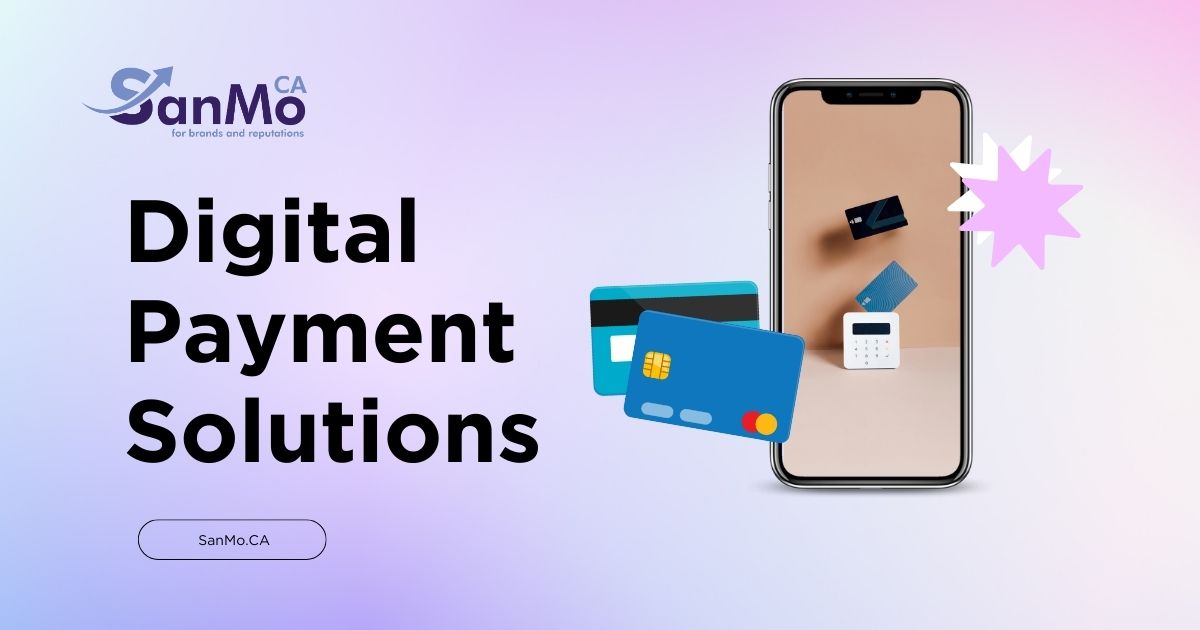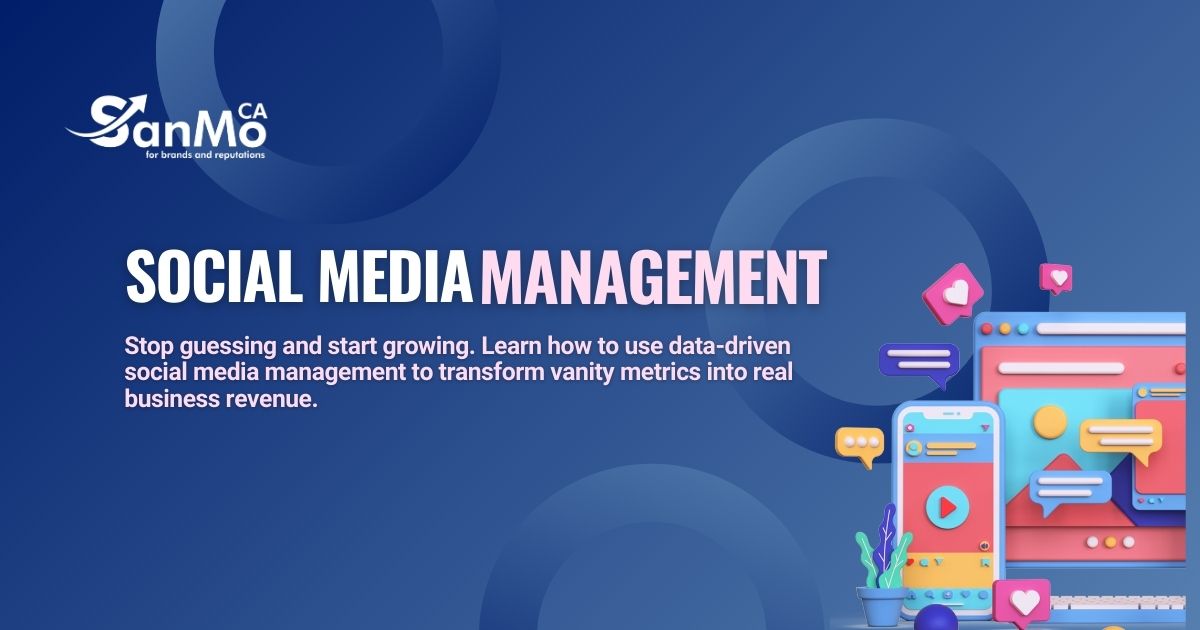Gone are the days when cash was king, and checks dictated our transactions. The rapid evolution of technology has ushered in a digital era, transforming how we handle money. Digital payment solutions have become the backbone of modern commerce, offering speed, security, and convenience in ways cash and traditional payments simply cannot match. Whether you’re a small business owner, a tech-savvy consumer, or just curious about where payments are headed, this blog will help you discover why digital payments are reshaping the global economy.
What You’ll Learn
- What digital payment solutions are and why they’re vital today
- The advantages they bring to businesses and consumers alike
- A breakdown of the most popular digital payment tools and platforms
- How global trends are shaping the future of payments
Let’s explore why digital payment solutions are more than just a trend—they’re the future.
What Are Digital Payment Solutions?
Digital payment solutions refer to technologies that enable the transfer of money electronically, eliminating the need for paper cash or checks. These payments can be made using smartphones, computers, or specialized devices on platforms such as mobile wallets, online payment gateways, and peer-to-peer apps.
Examples include:
- Mobile Wallets such as Apple Pay, Google Pay, and Samsung Pay
- Payment Gateways like PayPal, Stripe, and Square
- Cryptocurrency Payments involving Bitcoin or Ethereum
- Bank Transfers supported by apps like Zelle and Venmo
These platforms rely on secure encryption, allowing instantaneous transactions—and they’ve become a critical part of everyday life.
Why Digital Payments Matter Today
The push toward digital payments is largely driven by convenience, security, and globalization. Here are a few reasons why digital payment solutions are more important than ever:
- Changing Customer Expectations
With eCommerce on the rise, customers expect fast and frictionless checkout experiences. Businesses that fail to meet these expectations risk losing their competitive edge.
- Fewer Cash Transactions
Studies show that cash use has been declining year on year. According to a recent report from McKinsey, digital payments surged by 32% globally during the COVID-19 pandemic—and that trajectory isn’t slowing down.
- Financial Inclusivity
Digital payment solutions democratize access to financial services by reaching previously unbanked or underbanked populations through smartphones. For example, platforms like M-Pesa have revolutionized financial access across Africa.
- Eco-Friendly Benefits
Paper money and checks come with an environmental cost. Digital payments reduce reliance on physical resources, contributing to a greener, more sustainable economy.
Advantages of Digital Payment Solutions
For Consumers
- Speed and Convenience
Who likes waiting in line or fumbling for change? Digital payments allow consumers to send or receive money with just a few taps on their devices, whether they’re shopping online or splitting a dinner tab.
- Enhanced Security
Digital payment systems utilize encryption and multifactor authentication, significantly reducing the risks of fraud compared to carrying cash.
- Global Accessibility
Digital payments transcend geographical boundaries, allowing consumers to shop from international retailers seamlessly.
For Businesses
- Streamlined Operations
Businesses can automate invoicing, track payments, and manage accounts with ease, saving both time and personnel costs.
- Improved Customer Experience
Offering multiple payment options like credit cards, digital wallets, and Buy Now Pay Later services enhances customer satisfaction and conversion rates.
- Reduced Risk of Theft
Businesses don’t need to store large amounts of cash on premises, decreasing the risk of physical theft.
- Easier Reporting and Analytics
Digital tools simplify tracking and reporting, providing businesses with insights that can fuel growth strategies.
Popular Digital Payment Tools and Platforms
Here’s a closer look at some of the leading players in the digital payments space:
1. PayPal
One of the pioneers in online payments, PayPal enables secure transactions worldwide. Its integration with eCommerce platforms like Shopify and BigCommerce makes it an ideal solution for businesses of all sizes.
2. Stripe
Stripe caters primarily to businesses and developers, offering extensive APIs for creating custom payment solutions. It supports a variety of payment methods, including cards and cryptocurrencies.
3. Venmo
Beloved by millennials and Gen Z, Venmo emphasizes social payments. You can split bills, make purchases, and even share payment stories on your feed.
4. Apple Pay and Google Pay
Leaders in mobile wallet technology, these platforms are designed for effortless contactless payments both in stores and online.
5. Cryptocurrency Wallets
Blockchain-driven solutions like Coinbase and Binance are making their way into mainstream commerce. Overstock and Starbucks are examples of brands already accepting Bitcoin.
6. QR Code Payments
Widely used in markets like China through platforms like Alipay and WeChat Pay, QR codes provide faster, contactless transactions at physical stores.
How Global Trends Are Shaping Digital Payments
The future of payments is evolving rapidly due to emerging technologies and user demands. Here are three major trends that will define the landscape:
1. The Rise of Biometrics
Authentication methods using fingerprints, face scans, or voice recognition are becoming the standard for enhanced security. This innovation simplifies the transaction process and eliminates the need for passwords.
2. AI Integration
Artificial intelligence is already optimizing payment systems by predicting consumer behavior, automating fraud detection, and offering personalized banking recommendations.
3. Cryptocurrency and Blockchain Adoption
While still in its early stages, decentralized finance (DeFi) frameworks are slowly finding mainstream adoption. Blockchain technology promises faster and cheaper cross-border payments by eliminating intermediaries.
Take the Leap into Digital Payments
Digital payment solutions aren’t just a convenience—they’re a necessity for staying relevant in today’s increasingly connected world. Businesses that adopt these robust tools gain not just efficiency but a competitive edge in their industries.
Whether you’re a small business owner planning your first online store or an organization looking to streamline operations, incorporating digital payments can transform your workflow and bottom line.
It’s time to future-proof your transactions and elevate your experience through technology.








